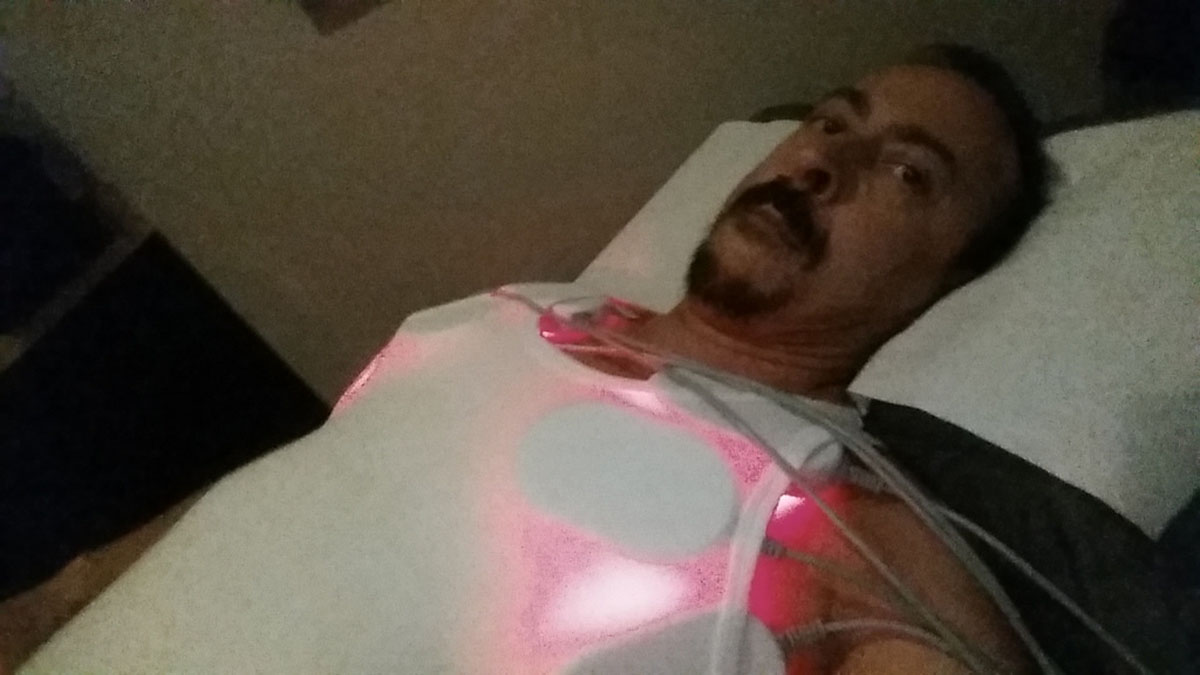Table of Contents
Ultrasound As A Fat Reduction Technique
High-intensity focused ultrasound essentially does the opposite of cryolipolysis: during treatments that use this method, your fat tissue is heated to kill fat cells, rather than frozen. The heat is directed at the fat cells under the skin, but doctors and cosmetologists who work with this method also claim that passive heating of the skin leads to a tighter look and renewed collagen production. Liposonix and Ultrashape are two examples of fat reduction systems that use ultrasound.
One advantage of high-intensity focused ultrasound is that the treatment can be specifically focused on the fat layer under the skin, leaving the skin and blood vessels completely intact. After fat cells are targeted by the ultrasound transducer used — again for an hour — the body's immune system deals with them. They are ultimately transported to the liver and eliminated from the body.

It's also used for eyebrow lifts at a lower intensity. People who undergo this treatment may experience some discomfort and bruising, and anesthesia is available for those who think they may need it.
Low-Level Laser Therapy To Lose Fat
Finally, low-level laser attacks the integrity of fat cells' cellular walls, allowing the fat to "break free" and move out, where it can again be attacked by the body's immune system and removed through the lymphatic system. Clinicians recommend cardio exercise and proper hydration to encourage this process. Unlike the other systems, systems using low-level laser use multiple arms to deliver the laser treatment, and up to eight shorter sessions of about 30 minutes are recommended for optimal results.
Should You Give Any Of These Non-Surgical Lipo Treatments A Go?
Well, in short, that's up to you: currently available data doesn't show that these devices have long-term adverse health effects, and many of the systems are FDA approved. Of course, it's important that cosmetic treatments don't leave you with unexpected health problems, but you want more than that — when you pay for these treatments, which though much less expensive than liposuction still cost a fair bit, you expect to see results.
Limited clinical data, often sponsored by the relevant companies themselves, do show that these treatments offer the potential for fat reduction. So, too, do numerous YouTube videos in which people who undergo non-surgical lipo treatments show what they looked like before and after the treatments. (Nope, there's no guarantee that these folks aren't working for the relevant companies, being paid to promote them. There's no guarantee that the "after" portion of these videos was taken right after either. However, some of the results do look quite dramatic.)
READ What You Need To Know About Plastic Surgery
Non-surgical liposuction appears to be an option for those who want to lose fat for specific events, but who are already at a healthy weight and just have abdominal flab, love handles, "extra breasts" or "bingo arms". If you do give any of the non-surgical fat reduction treatments a go, please let us know how you got on in the comments below!
- Photo courtesy of InterContinental Hong Kong via Flickr: www.flickr.com/photos/intercontinentalhongkong/6197549702
- Photo courtesy of InterContinental Hong Kong via Flickr: www.flickr.com/photos/intercontinentalhongkong/6197549702
- Photo courtesy of osseous via Flickr: www.flickr.com/photos/osseous/15234413671


Your thoughts on this